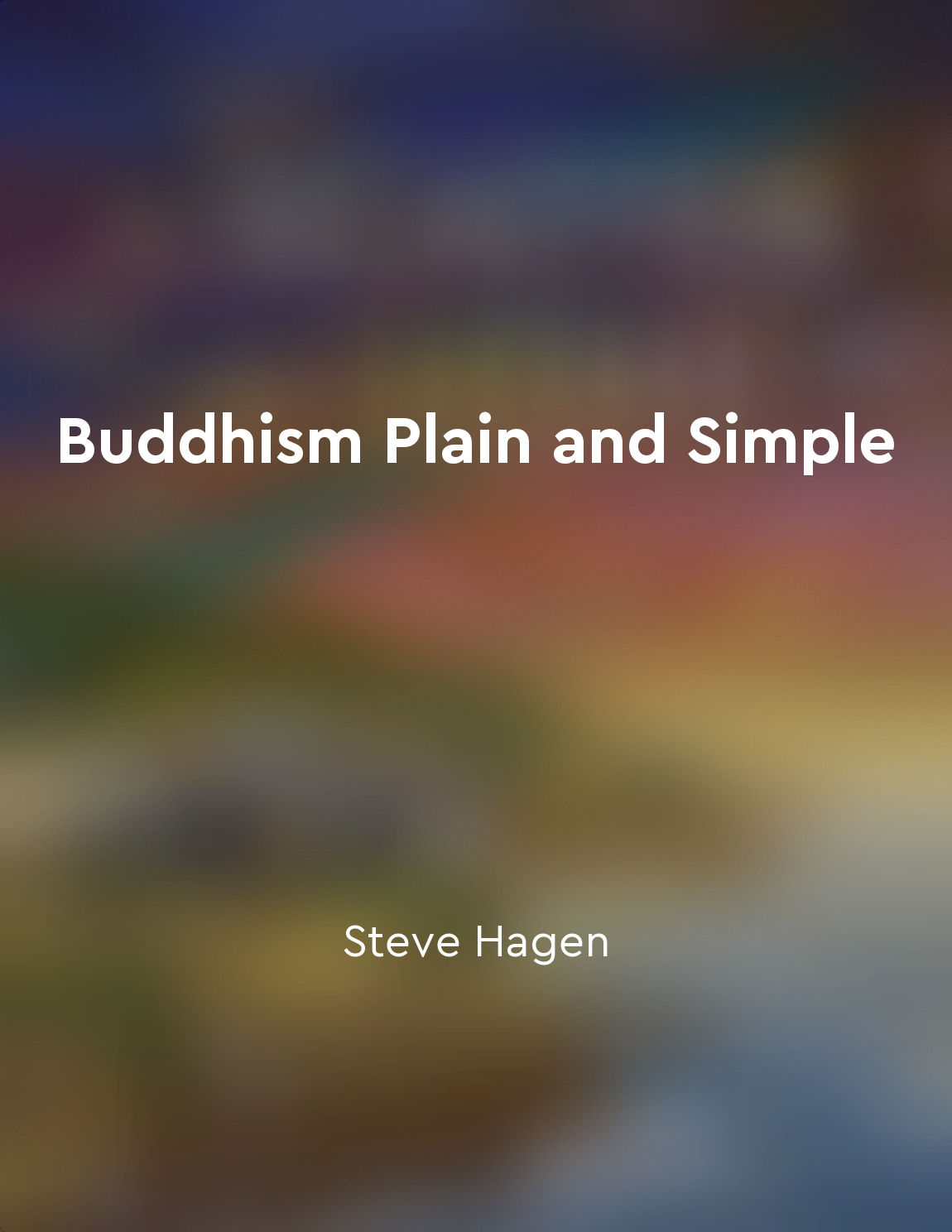The Eightfold Path is the path to end suffering from "summary" of The Buddha and His Dhamma by Br Ambedkar
The Eightfold Path, as elucidated by the Buddha, is a comprehensive guide for individuals seeking liberation from suffering. It is not merely a set of rules or commandments to be followed blindly, but rather a practical roadmap for leading a fulfilling and meaningful life. The Eightfold Path consists of eight interconnected factors that work together to cultivate wisdom, ethical conduct, and mental discipline. The first two factors of the Eightfold Path – Right Understanding and Right Intention – lay the foundation for the entire practice. Right Understanding involves a deep insight into the nature of reality, particularly the impermanent and unsatisfactory nature of existence. Right Intention, on the other hand, pertains to the cultivation of wholesome intentions and motivations, such as renunciation, goodwill, and compassion. The next three factors – Right Speech, Right Action, and Right Livelihood – focus on ethical conduct and the importance of living a life free from harm and wrongdoing. Right Speech involves speaking truthfully, kindly, and beneficially, while Right Action entails refraining from actions that cause harm to oneself or others. Right Livelihood emphasizes the importance of earning a living through honest and ethical means. The last three factors of the Eightfold Path – Right Effort, Right Mindfulness, and Right Concentration – pertain to mental discipline and the cultivation of mindfulness and concentration. Right Effort involves the diligent effort to cultivate wholesome qualities and overcome unwholesome tendencies. Right Mindfulness is the practice of being fully present and aware in each moment, without judgment or attachment. Right Concentration involves the development of deep concentration and mental focus through meditation.- Individuals can gradually overcome the root causes of suffering – ignorance, craving, and aversion – and attain liberation from the cycle of birth and death. The Eightfold Path is not a quick fix or instant solution to life's problems, but rather a lifelong journey of self-discovery and personal transformation. It requires patience, perseverance, and dedication to fully realize its transformative power. Ultimately, the Eightfold Path is the path to true happiness, peace, and liberation from suffering.
Similar Posts
The concept of the eternal soul
The eternal soul, O Arjuna, is beyond birth and death. It is never born, nor does it ever die. It is not slain when the body is...
Find balance in all aspects of life
Balance is a key concept in Zen philosophy. It is about finding a harmonious equilibrium in all aspects of life. This includes ...
Strive for selfimprovement
The concept of self-improvement is a central theme in the Bhagavad Gita, where Lord Krishna urges Arjuna to strive for personal...

Live with integrity and authenticity
Living with integrity and authenticity is a fundamental principle in Buddhism. It means being true to ourselves and others, and...
Compassion towards oneself and others is essential in mindfulness
It is important to recognize that mindfulness is not just about being present in the moment and observing our thoughts and feel...
The path to enlightenment involves selfdiscovery
The journey towards enlightenment is a deeply personal one that requires individuals to look within themselves and discover the...
Buddha emphasizes the impermanence of all things
The Buddha always emphasized the impermanence of all things. He wanted us to understand that nothing in life is permanent. Ever...
Emptiness is the concept that all phenomena lack inherent existence
Emptiness is a fundamental concept in Buddhism that challenges our perception of reality. It asserts that all phenomena lack in...

Honor and respect
In the great epic of Mahabharata, the concept of honor and respect is deeply woven into the fabric of the narrative. Throughout...


